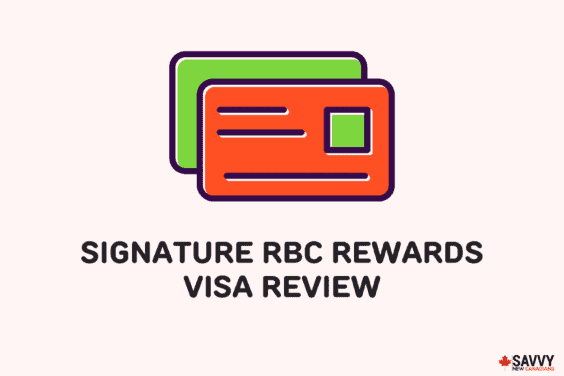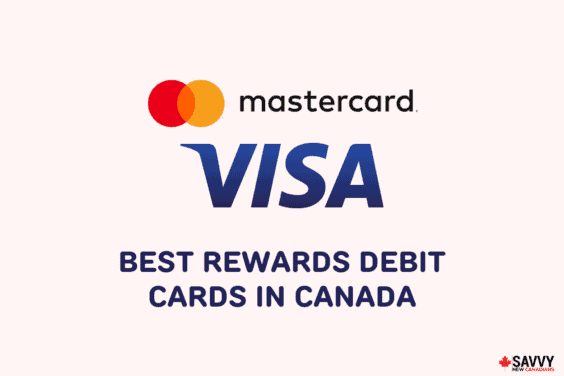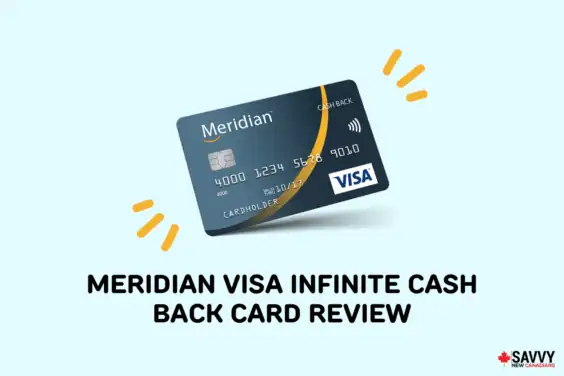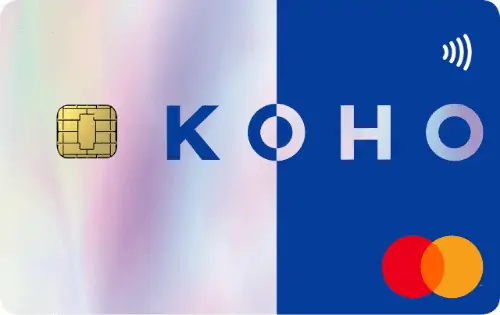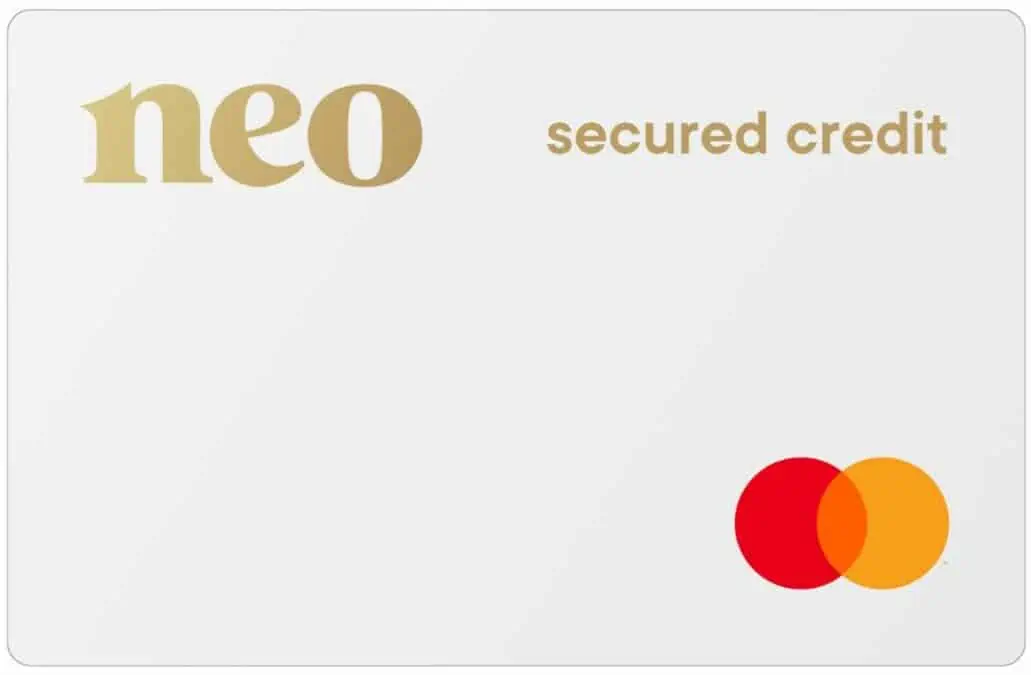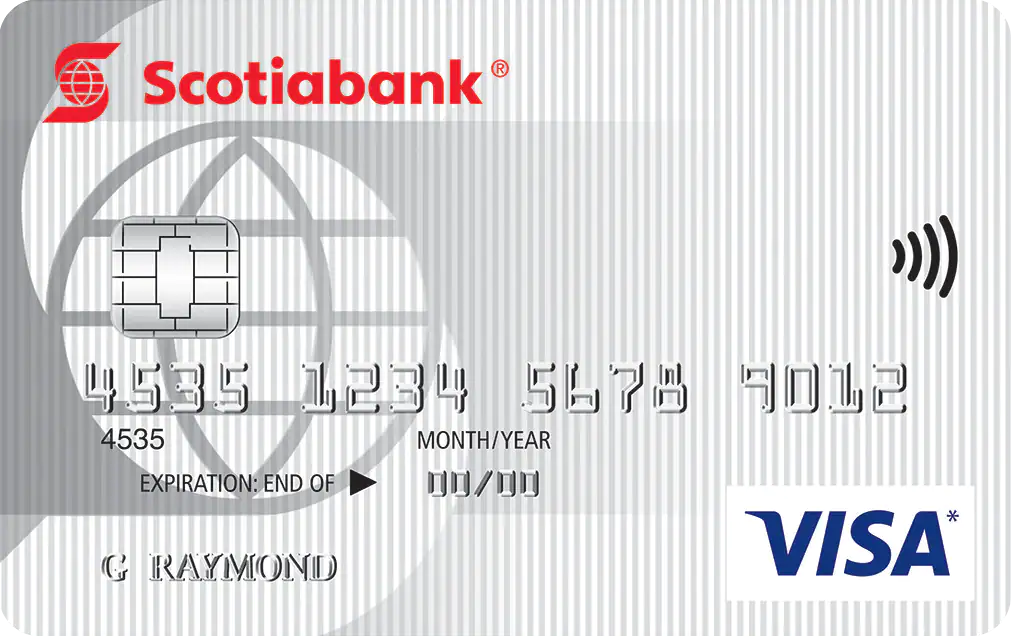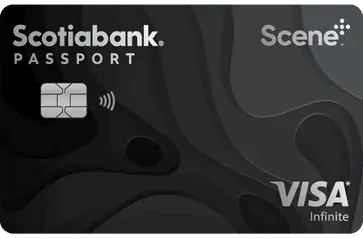Choosing the best credit card in Canada for your purposes is not always easy.
However, by taking some time to consider various factors, you can make a better decision and get a credit card that is more suitable for you.
Here’s what you need to know about choosing the best credit card, including how to compare the types of credit cards, the different rewards, and the fees to make a better decision.
How to Choose the Best Credit Card for You
There are five major factors to consider when choosing the best credit card. Let’s take a closer look at them.
1. Check Your Credit Score
It all starts by checking your credit score to determine your chances of having your application accepted.
When you apply for a credit card, the bank will check your score. Your application may be rejected if your score is too low (normally below 660).
There’s no point in spending time choosing the perfect credit card for your needs only to have your application rejected because of your credit score.
Check your credit score for free using a service like Borrowell. If you have a poor credit score, you may want to work on improving it.
If you are asking which credit card is best for you with no credit, you might want to consider applying for a secured credit card instead.
People with poor credit scores may find this easier. You can then build your credit score and apply for an unsecured credit card in the future.
2. Decide Which Type of Credit Card You Need
There are several different types of credit cards to choose from.
It’s well worth exploring the different types of cards so you can decide which is the most suitable for you.
- Secured credit cards – As mentioned in the previous point, secured credit cards are an option if you have a poor credit score. You put down a security deposit and can borrow up to that amount.
- Cash back credit cards – Earn cash back every time you spend on your card, usually up to a rate of between 0.5% and 2%.
- Rewards credit cards – Many types of credit cards are linked to specific rewards programs like Scene+, which provide discounts and other benefits.
- Travel credit cards – Some credit cards provide rewards and benefits specifically linked to travel, like Air Miles and travel insurance coverage.
- Low-interest credit cards – These credit cards have few premium perks, but they are characterized by very low APRs compared to standard cards.
- Balance transfer credit cards – Transfer your existing balance to one of these cards and pay low or no interest for several months.
- Student credit cards – These cards are designed specifically for students and have more lenient application requirements regarding your credit history and income.
3. Compare Credit Card Benefits and Rewards
As mentioned briefly above, you can enjoy several types of benefits and rewards when using certain credit cards.
In fact, the rewards provided are often the primary factor that may tempt you to apply for a card.
Cash back cards allow you to earn cash on all your purchases, but the rate varies. For example, you could earn a higher rate of cash back in a specific spending category like groceries.
If you have a particular reward program in mind, this can also affect your decision when choosing a card.
There are additional benefits to consider, including insurance coverage, like travel insurance or mobile device insurance, discounts in specific stores and subscription services, discounts on car hires, free access to airport lounges, and more.
4. Compare Credit Card Fees
Most credit cards come with fees of some kind, and it’s worth comparing these to understand the potential costs involved.
The main fee is the annual fee. Some cards have no annual fee, while some premium credit cards charge hundreds of dollars per year.
Even no-fee cards may come with several other fees:
- Late payment fees when you do not make your payment on time.
- Over-the-limit fees when you go over your credit limit.
- Cash advance fees when you withdraw cash from an ATM.
- Foreign currency conversion fees when you purchase something in another currency.
- Balance transfer fees when you transfer your balance to a new card.
5. Apply for a Credit Card that Suits You
By considering all of the above features, you will be in a better position to choose the right credit card for your circumstances.
There are many to choose from, so use these factors to help you.
Check the application requirements. There may be a minimum income requirement on top of the need to have a good credit score. Or you may need to be in higher education to apply for a student credit card.
When you are ready, send your application. You can usually do this on the website, and many cards have immediate approval. Or you could apply at your local bank branch or over the phone.
How to Choose a Credit Card for the First Time
Which credit card should you choose? If it is your first time choosing a credit card, consider all of the above factors to help make your decision.
Look at the types of credit cards available, and compare different credit cards of the same type.
For example, if you want a cash back credit card, compare the different cash back cards available.
Make sure you qualify for the card based on your income and credit score, then apply when you’re ready.
Do You Need a Credit Card?
You should also ask yourself whether you need a credit card in the first place. Are you good at managing your expenses? You don’t want to get into expensive credit card debt that you cannot afford.
But if you want to take advantage of the convenience of spending on a credit card, and you want to earn rewards for your everyday spending and get access to credit when you need it, a credit card can be useful.
FAQs
It depends on your needs. If you want to earn rewards, the most important factor is the type of reward provided. If you carry a balance, a low interest rate is important. You may also want to choose a credit card with lower fees.
There are many rules to consider, but the most important is to avoid getting into debt you cannot afford. Credit card debt is expensive, so only spend what you can afford.
Having more than one credit card can be useful because you can take advantage of different rewards and benefits. However, you may prefer using one card for convenience.
This refers to applying for credit cards. It suggests you should only apply for a maximum of two cards in a two-month period, three cards over 12 months, and four cards over 24 months. But it is only a rule at Bank of America in the USA.
